FCC says Twitter is "part of the problem" when it comes to open internet
Ajit Pai claims 'hypocritical' online platforms are already filtering content
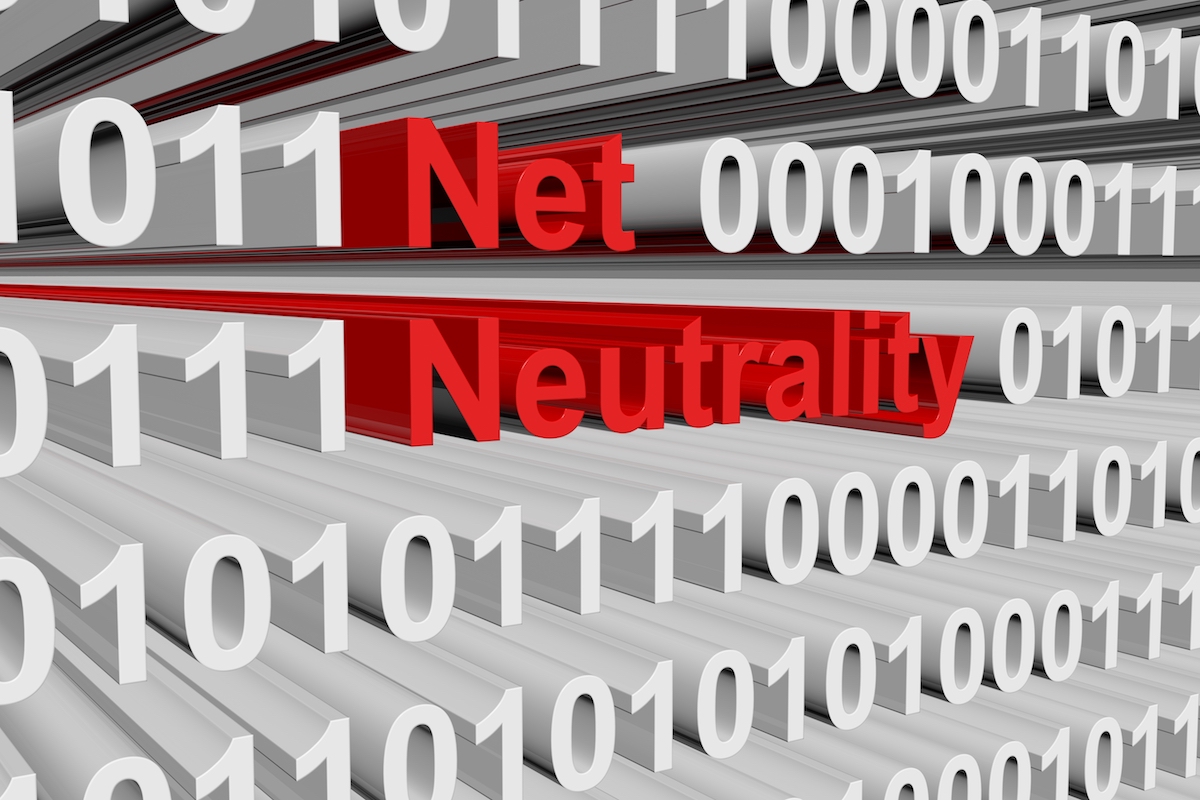
FCC chairman Ajit Pai has described Twitter and similar online platforms as being "part of the problem" and discriminatory when it comes to what content is accessible on the open internet, in an effort to justify his proposals to rollback net neutrality.
Pai, and two of his Republican allies on the commission, argued that despite the threats that ISPs could limit what content consumers are able to access if net neutrality laws were revoked, current online platforms are doing just that by filtering what is displayed on their sites.
"Recent experience shows that so-called edge providers are in fact deciding what content they see," said Pai, speaking at an event hosted by US political think tank R Street Institute on Tuesday. "These providers routinely block or discriminate against content they don't like."
Pai pointed to the example of when Twitter prevented Representative Marsha Blackburn from advertising her campaign video as it contained messages promoting the pro-life movement. He also referred to Twitter's recent actions to remove the 'verified' status from accounts, a move that some suggested has mainly targeted conservative users.
"In this way, edge providers are a much bigger actual threat to an open internet than broadband providers, especially when it comes to discrimination on the basis of viewpoint," added Pai. "They might cloak their advocacy in the public interest, but the real interest of these internet giants is in using the regulatory process to cement their dominance in the internet economy."
However, while there is a genuine concern around the sheer volume of content that social media sites and search engines control, consumers have the choice to switch platforms or shut down their profile pages. The prospect that providers may be are to throttle traffic to certain parts of the internet remains a far greater threat to consumers who are often stuck with whatever ISP services their area.
IT Pro has reached out to Twitter for its take on Pai's comments.
Sign up today and you will receive a free copy of our Future Focus 2025 report - the leading guidance on AI, cybersecurity and other IT challenges as per 700+ senior executives
The FCC still faces significant backlash over its proposals to ditch net-neutrality laws brought in under President Obama, as many view it as a victory for large internet providers looking to charge more for their services.
Not only was the FCC accused of ignoring negative feedback during its public consultation period, the body was also slammed by New York attorney general Eric Schneiderman when he accused the FCC of ignoring an official investigation into the comments.
Over 200 tech firms, including Twitter, issued a letter to the FCC on Monday outlining their concerns, in what may be a last-ditch attempt to win over the commission before a vote on the proposals on 18 December.
28/11/2017: Tech firms launch last-ditch effort to stop net-neutrality roll-back
Airbnb, Foursquare, Pinterest, Tumblr, Twitter, and a list of more than 200 tech companies have called on the Federal Communications Commission (FCC) to ditch its proposals to roll back net neutrality rules.
In a joint letter dated 27 November, the consortium of internet firms used Cyber Monday to highlight the need for an open internet to maintain online economic growth, something it argues is only possible so long as businesses are given equal opportunities to compete for consumers.
FCC Chairman Ajit Pai, appointed by President Donald Trump in January, aims to scrap rules created under President Obama that prevent internet providers from placing restrictions on the types of content that customers can access.
The letter argued that net neutrality encourages economic growth by allowing individuals to launch online businesses from their home, and trade with customers across the US.
"Disastrously, the Federal Communications Commission (FCC) last week released a draft order that would end this open commerce by repealing the current net neutrality rules and eliminating the protections that keep the internet free and open for America's businesses and consumers," the letter stated.
The concern is that without net neutrality regulations, service providers would be able to favour specific websites or businesses by "throttling" speeds to certain domains they wish customers to avoid, or even forcing customers to pay extra to access their favourite services.
"This would put small and medium-sized businesses at a disadvantage and prevent innovative new ones from even getting off the ground," the letter added. "An internet without net neutrality protections would be the opposite of the open market, with a few powerful cable and phone companies picking winners and losers instead of consumers."
Shutterstock, Admiral, Etsy, Square, GitHub, Reddit, Mapbox, and Vimeo, as well as a large number of smaller internet e-commerce firms have put their names to Monday's letter.
FCC spokesman Mark Wigfield has since defended the planned changes in a statement to Reuters: "The internet and companies like Twitter, which signed the letter, thrived under the pre-2015 light-touch regulatory framework that governed Internet access.
"Chairman Pai wants to return to that framework so that we can increase investment in broadband networks and connect more Americans to the services that these companies offer online."
On 12th July thousands of tech firms held a mass protest against the changes which involved replicating some of the potential scenarios of an internet without net neutrality rules. This included pretending to force users to pay to access certain parts of a website, or slowing down the speed at which content was displayed on-screen.
Proposals to roll back net neutrality are due to be voted on when the FCC meets on 14 December. Given that the five-seat body has a Republican majority, the plans are expected to pass without issue.
Dale Walker is a contributor specializing in cybersecurity, data protection, and IT regulations. He was the former managing editor at ITPro, as well as its sibling sites CloudPro and ChannelPro. He spent a number of years reporting for ITPro from numerous domestic and international events, including IBM, Red Hat, Google, and has been a regular reporter for Microsoft's various yearly showcases, including Ignite.
-
 The modern workplace: Standardizing collaboration for the enterprise IT leader
The modern workplace: Standardizing collaboration for the enterprise IT leaderHow Barco ClickShare Hub is redefining the meeting room
-
 Interim CISA chief uploaded sensitive documents to a public version of ChatGPT
Interim CISA chief uploaded sensitive documents to a public version of ChatGPTNews The incident at CISA raises yet more concerns about the rise of ‘shadow AI’ and data protection risks
-
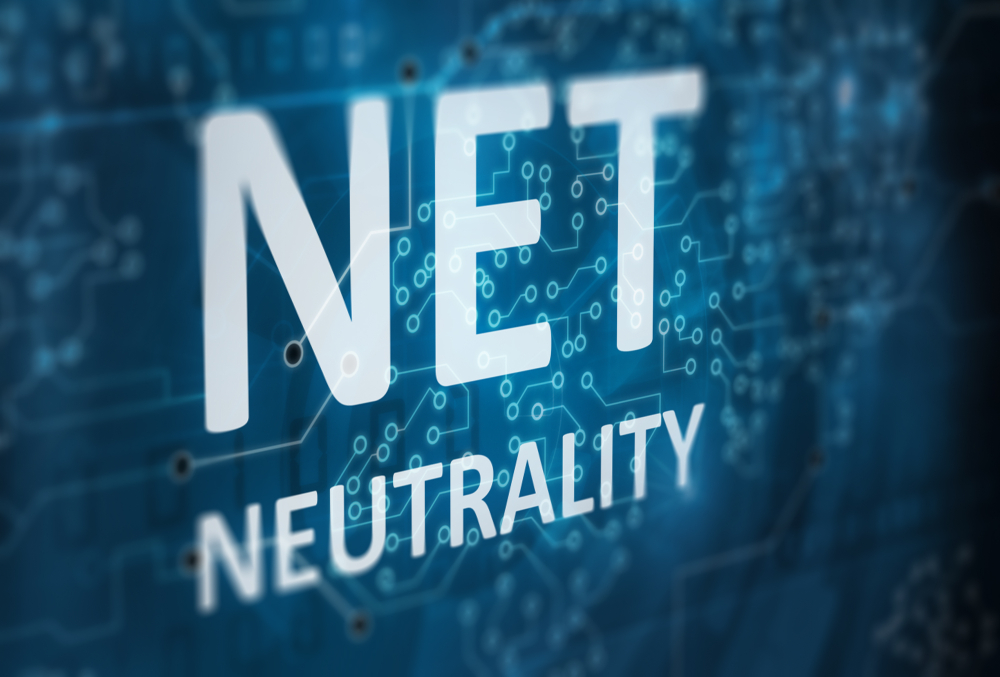 Most comments in FCC net neutrality consultation were reportedly fake
Most comments in FCC net neutrality consultation were reportedly fakeNews Subcontractors allegedly used stolen data for government petitions
-
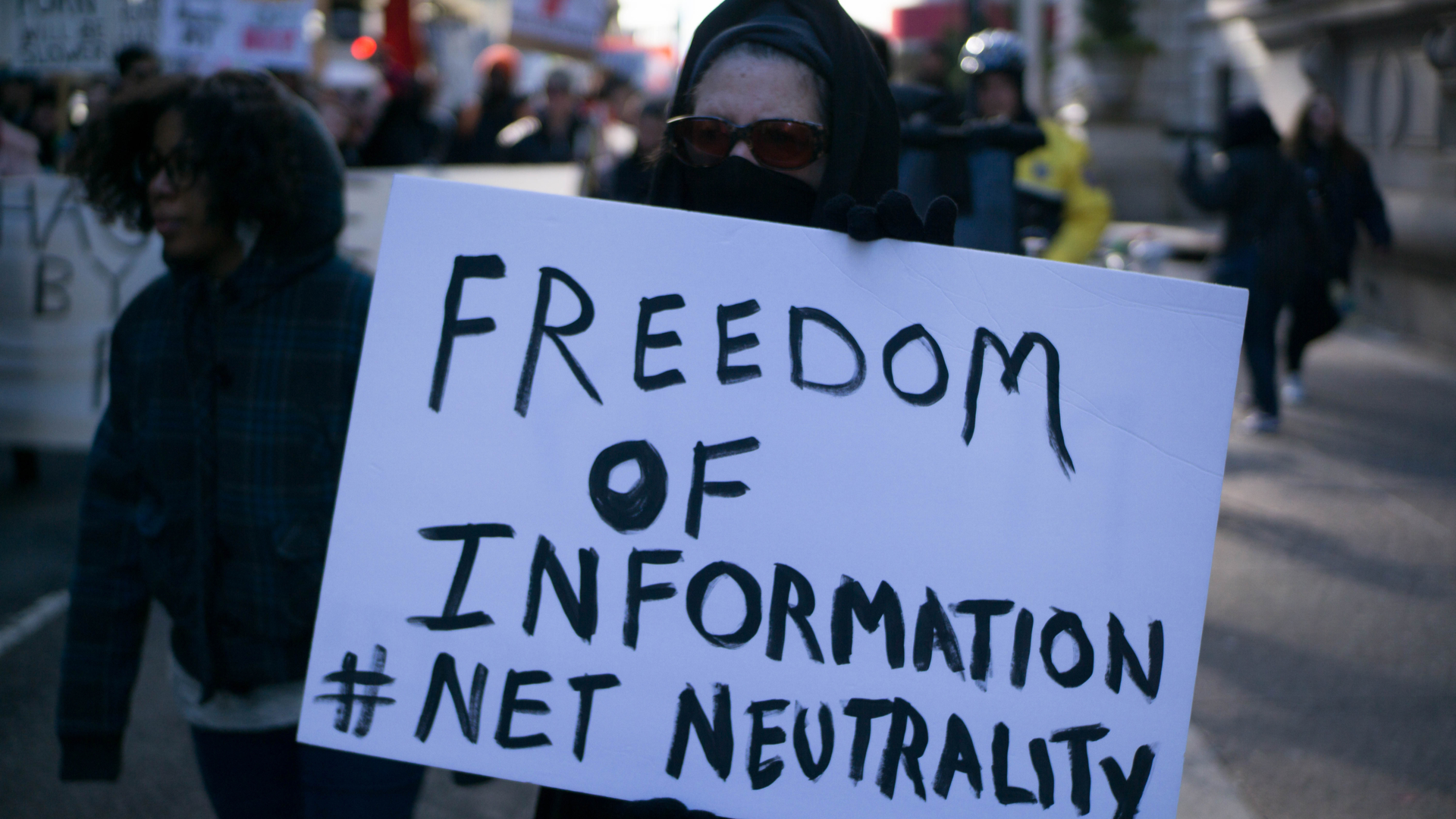 Ofcom to review net neutrality laws following EE complaint
Ofcom to review net neutrality laws following EE complaintNews The regulator will review the existing framework, which had fallen under EU legislation prior to Brexit
-
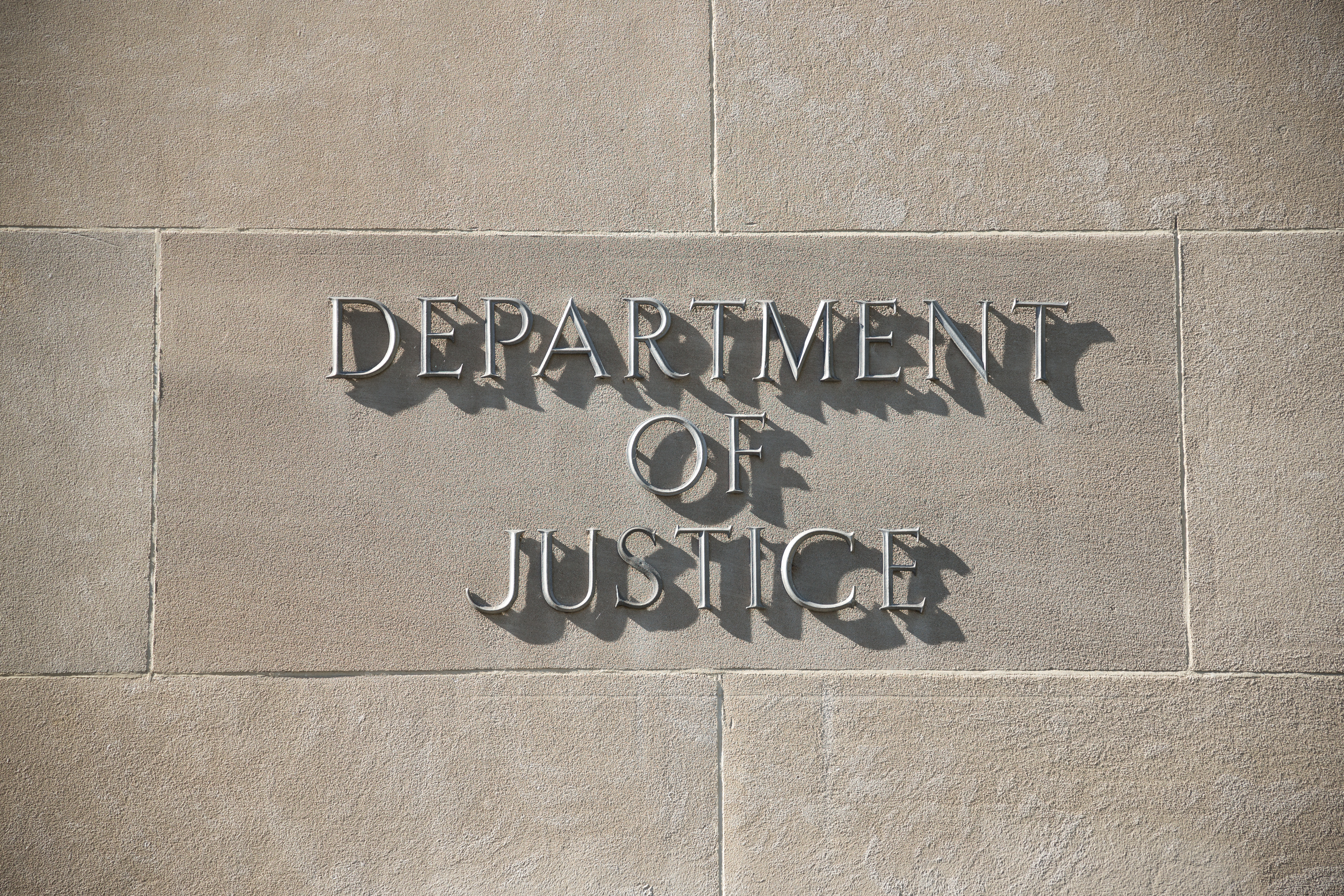 Justice Department drops net neutrality suit against California
Justice Department drops net neutrality suit against CaliforniaNews The Biden administration retracted the Trump-era legal action that challenged the state’s pro-net neutrality legislation
-
 The pros and cons of net neutrality
The pros and cons of net neutralityIn-depth Still on the fence about net neutrality? Here are both sides of the argument
-
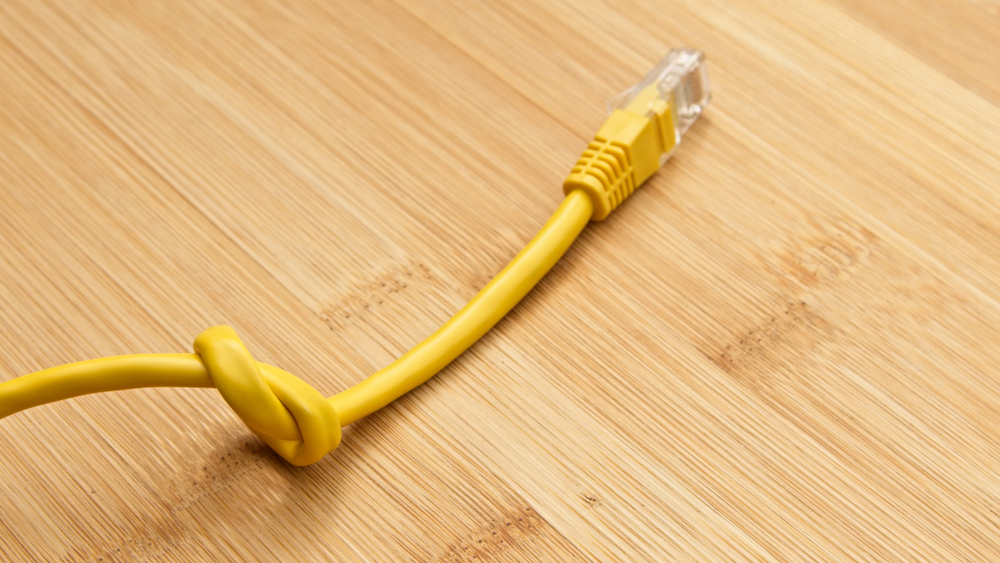 California bill gives net-neutrality campaigners new hope
California bill gives net-neutrality campaigners new hopeNews Victory in the state Assembly for the “gold standard” protections
-
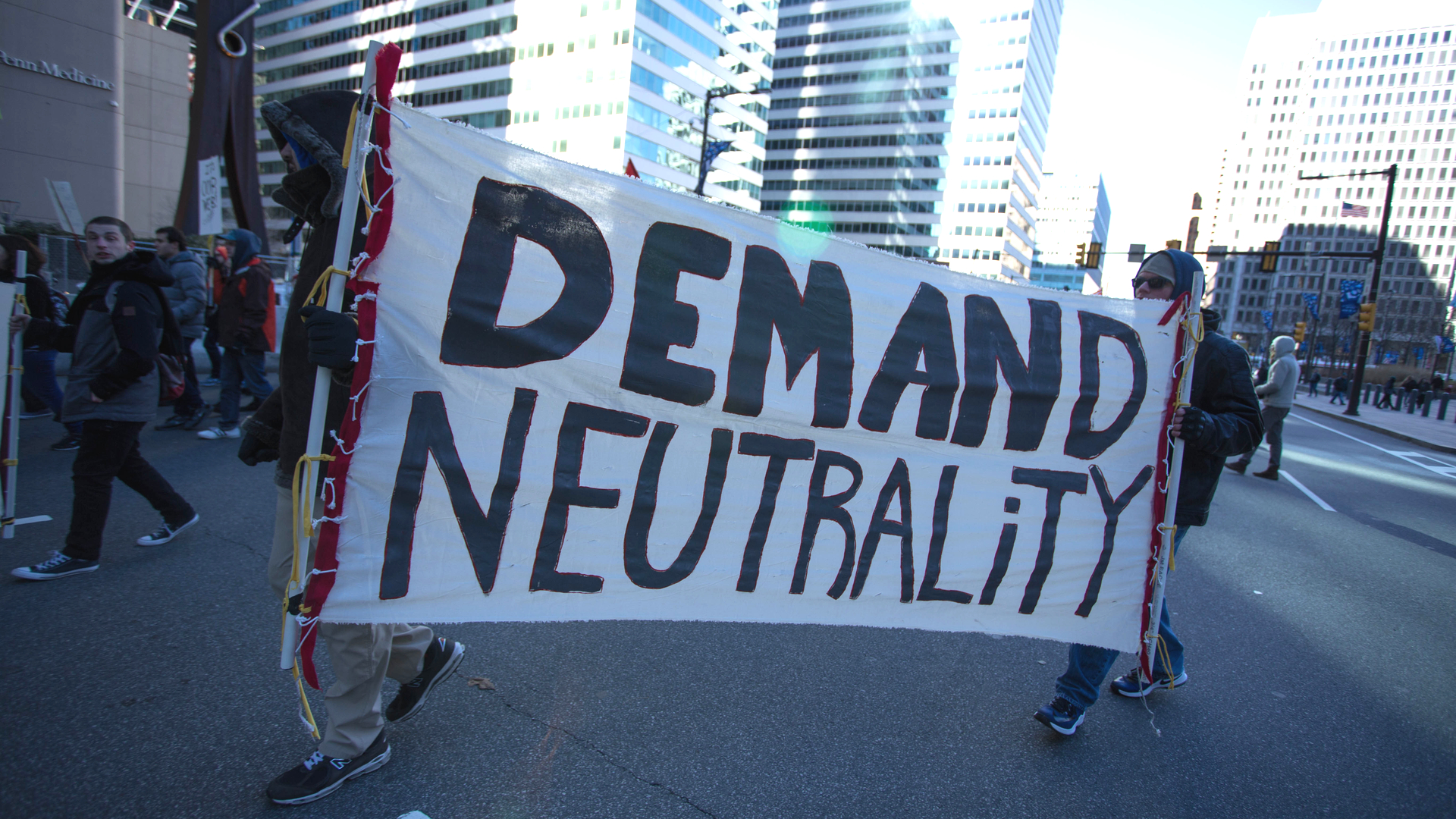 FCC admits net neutrality DDoS attack was work of fiction
FCC admits net neutrality DDoS attack was work of fictionNews FCC chairman Ajit Pai pins error on former CIO providing "inaccurate information"
-
 US Senate saves net neutrality – for now
US Senate saves net neutrality – for nowNews Republican rebels help Democrats block net neutrality repeal, but House could uphold FCC decision
-
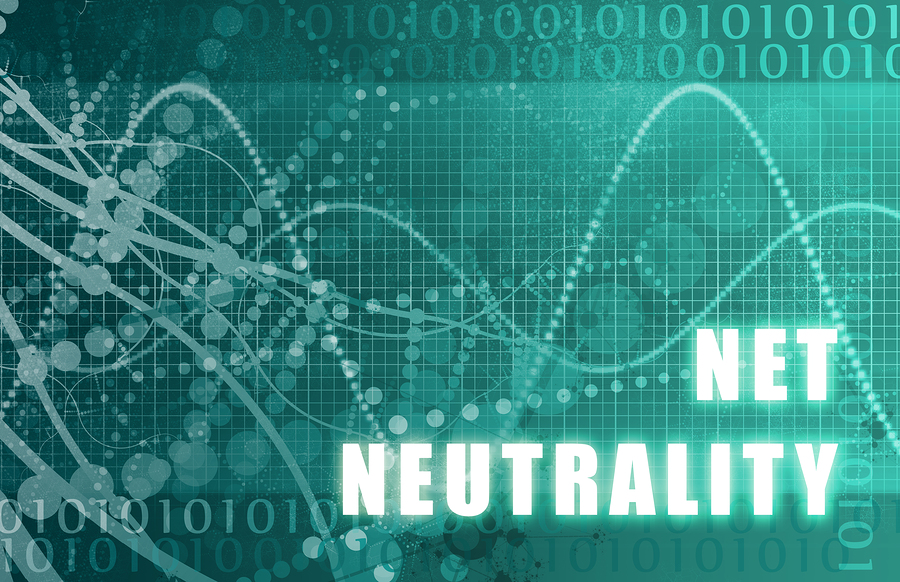 US regulator kills net neutrality with rule repealing vote
US regulator kills net neutrality with rule repealing voteNews The FCC votes to strip back consumer protection regulations